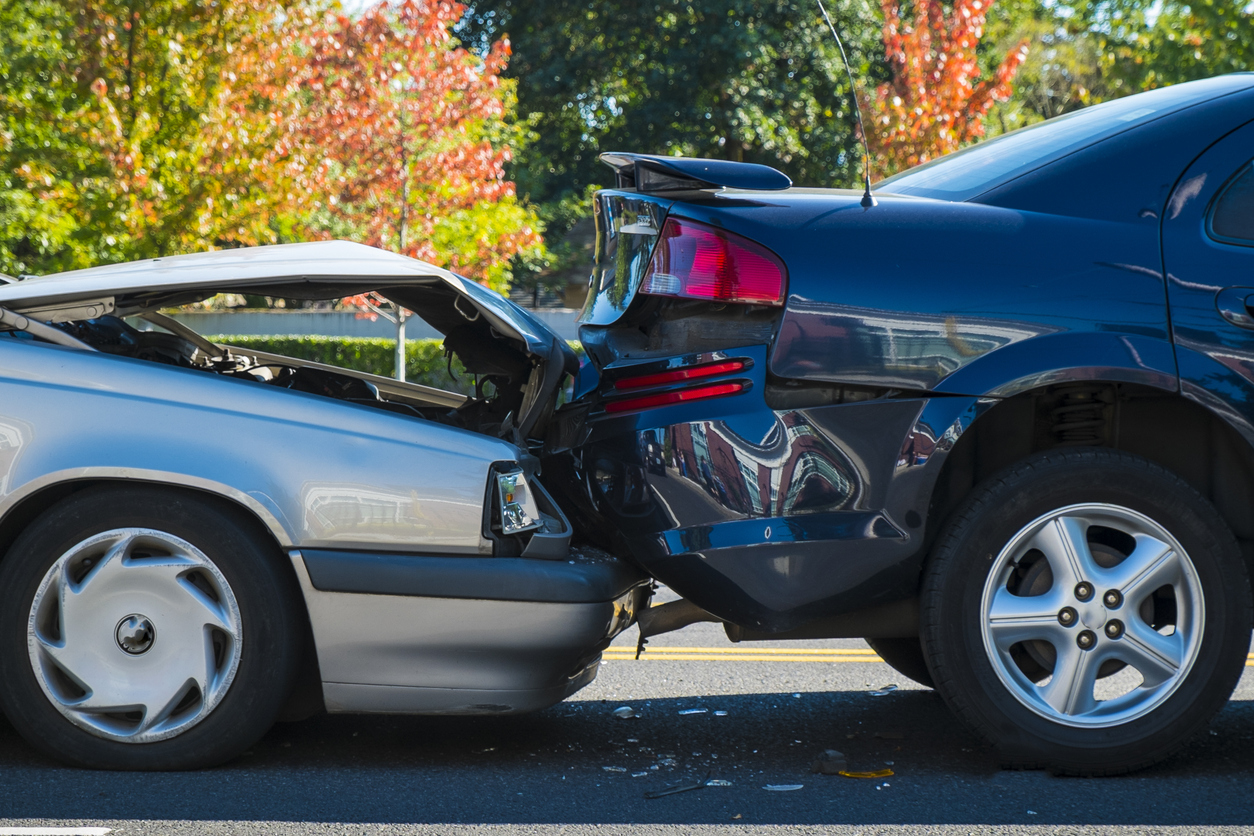Comparative Fault in Alabama Car Accidents: How It Impacts Your Compensation

In the aftermath of a car accident, understanding how comparative fault operates in Alabama can significantly affect the outcome of compensation claims. Let’s delve into what comparative fault entails and how it influences compensation for individuals involved in car accidents in the state.
What is Comparative Fault?
Comparative fault, also known as comparative negligence, is a legal principle used to determine the degree of fault for each party involved in an accident. In Alabama, the concept of comparative fault acknowledges that more than one party may contribute to an accident’s occurrence or severity.
Pure Comparative Fault
Alabama follows the doctrine of pure comparative fault, which means that even if you are partially responsible for causing an accident, you can still seek compensation for your damages. However, the amount of compensation you receive will be reduced by your percentage of fault.
Impact on Compensation
The degree of fault assigned to each party directly impacts the amount of compensation they are entitled to receive. For example, if you are found to be 20% at fault for the accident and your total damages amount to $10,000, your compensation will be reduced by 20%, resulting in a final award of $8,000.
Determining Fault
Establishing fault in a car accident involves investigating the circumstances leading up to the collision, such as driver behavior, road conditions, and any contributing factors like weather or mechanical failure. Factors such as speeding, distracted driving, and failure to obey traffic laws may contribute to determining fault.
Evidence and Documentation
To support your claim and mitigate any allegations of fault, it’s crucial to gather evidence and documentation from the accident scene. This may include photographs, witness statements, police reports, and any other relevant information that can help establish the facts surrounding the accident.
Negotiating with Insurance Companies
Insurance companies often use comparative fault to minimize the amount they have to pay out in compensation claims. They may try to shift blame onto you or argue that your actions contributed to the accident’s occurrence or severity. Having strong evidence and legal representation can help protect your rights and ensure you receive fair compensation.
Legal Representation
Given the complexities of comparative fault and its impact on compensation claims, it’s advisable to seek the assistance of a qualified car accident attorney in Alabama. An attorney can advocate for your rights, negotiate with insurance companies on your behalf, and help you navigate the legal process effectively.
Conclusion
Understanding comparative fault in Alabama car accidents is crucial for anyone involved in a collision seeking compensation for their damages. By familiarizing yourself with this legal principle, gathering evidence, and seeking appropriate legal guidance, you can protect your rights and maximize your chances of receiving fair compensation for your injuries and losses.